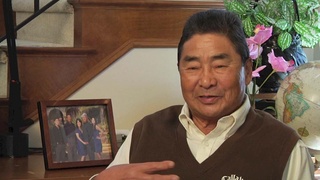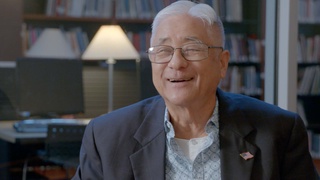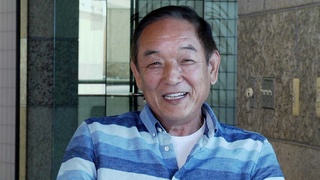Interviews
Moving to and living in Japan
I didn’t come here with an intention to find my roots or anything like that. I think that goes back to the thing I was saying about Japanese Americans being taught not to be Japanese. Actually, when I was in Los Angeles, through the other Japanese Americans around me, my cousin and his friends, they were actually very anti-Japanese, anti-national-Japanese. Japanese nationals were not cool. They were the geeks with the cameras that always ran around Disneyland in groups. We would run away from them and scream and make fun of them. I think I’ve learned better now. Yeah.
When I came here it was because my uncle… I had been doing some translation—not translation, but editing of speeches for a professor over at UCLA, a visiting professor. He’s a member of (?) Escow, so I was editing his speeches and his papers to help him out—correcting some of the English and stuff. I had gotten to the point—I’m a designer. I do art direction and creative direction. And as you know Los Angeles can be a great place, and it can also be a very tiring place. I had been there for 7 years and kind of had it up to here with the industry.
I was 28 at the time, and I really wanted to travel. I had traveled when I was younger, you know after high school and stuff like that. But I wanted to, like, really travel—go spend some time any place. I didn’t look at Japan as my final destination at that time. I looked at it as a jumping off point—“Okay, here’s the opportunity for me to go and check out another country.” Japan, as I found out later, is fairly central in the world. You can get just about anywhere for about the same amount of money and the same amount of time. It was for those reasons more than anything else that I came.
Date: September 12, 2003
Location: Tokyo, Japan
Interviewer: Art Nomura
Contributed by: Art Nomura, Finding Home.











